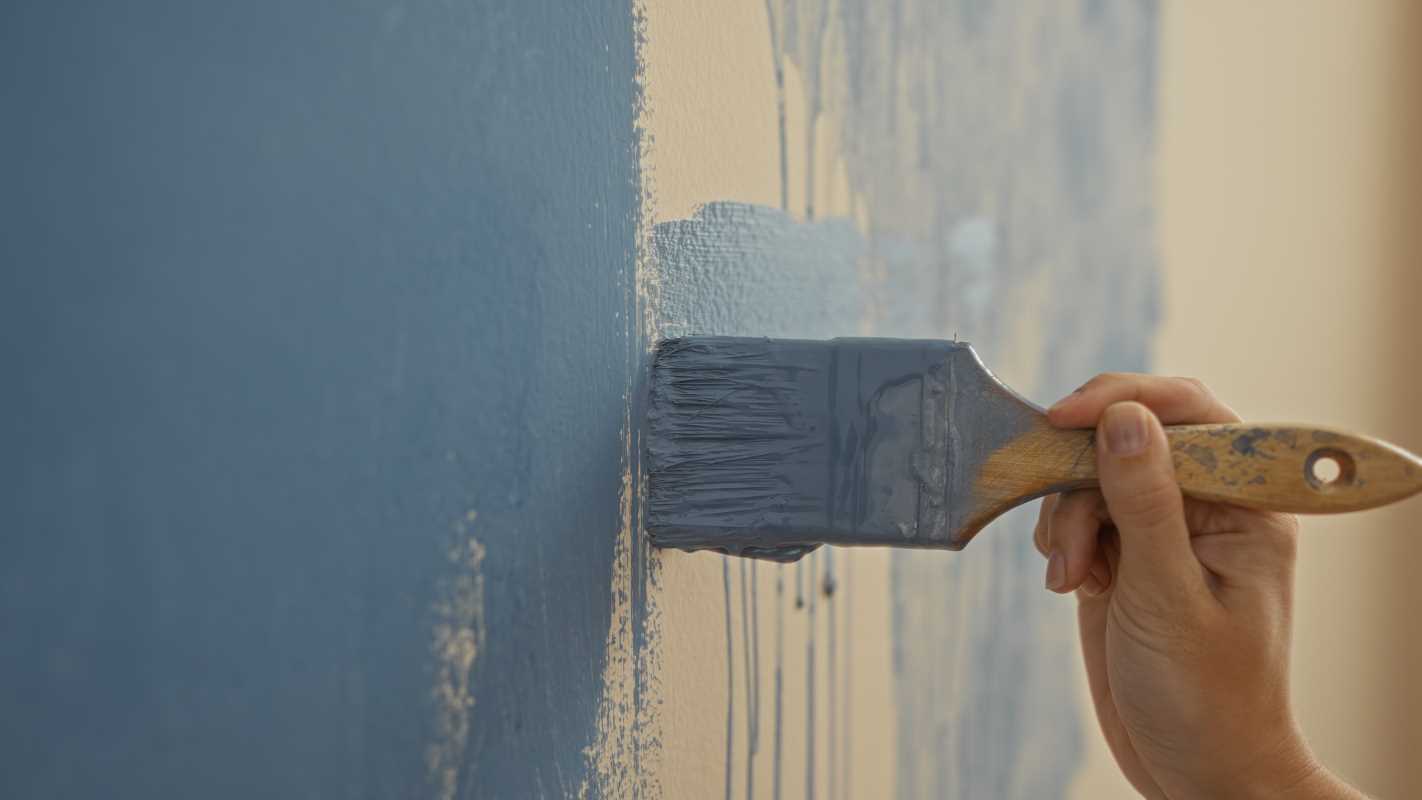Remember that feeling you got as a kid when you discovered something completely new and fascinating? Maybe it was building your first model airplane, learning to play guitar, or figuring out how a car engine worked. That spark of curiosity and excitement doesn't have to fade just because you've hit your forties, fifties, or beyond.
Starting a new hobby as a middle-aged man isn't just possible – it's one of the best decisions you can make for your mental health, physical well-being, and overall happiness. Sure, you might feel a bit silly picking up a paintbrush for the first time or joining a beginner's cooking class, but here's the thing: age brings advantages that younger hobbyists simply don't have.
Why Your Brain Craves New Challenges
Your brain is like a muscle that thrives on novelty. When you learn something new, you're literally creating new neural pathways and strengthening existing ones. Scientists call this neuroplasticity, and it's your brain's ability to rewire itself throughout your entire life.
Think about it this way: every time you master a new skill, you're giving your brain a workout that's more effective than any crossword puzzle. Whether you're learning to play chess, tie fishing flies, or grow tomatoes, you're keeping your mind sharp and engaged.
The benefits go beyond just brain health. New hobbies can help reduce stress, provide a sense of accomplishment, and give you something to look forward to after long days at work. They're also great conversation starters and can help you connect with people who share similar interests.
Breaking Through the Mental Barriers
Let's address the elephant in the room: those nagging thoughts that tell you it's "too late" to start something new. These mental barriers are common, but they're also completely wrong.
"I'm too old to learn" – This is probably the biggest myth out there. Your brain remains capable of learning new skills well into your golden years. Yes, you might pick things up differently than a teenager would, but you also bring life experience, patience, and focus that younger learners often lack.
"I don't have time" – Between work, family obligations, and household responsibilities, finding time can feel impossible. But here's the reality: most hobbies can be started with just 30 minutes a few times a week. That's less time than you probably spend scrolling through social media.
"It's too expensive" – While some hobbies require significant upfront investment, many can be started for less than the cost of a nice dinner out. You can often borrow or rent equipment initially, buy used gear, or start with basic supplies and upgrade as your interest grows.
"I'll look foolish" – Everyone starts somewhere. That guy who looks like a pro at the local woodworking shop? He was once cutting crooked lines and hitting his thumb with a hammer too. Most hobbyist communities are incredibly welcoming to beginners because they remember what it was like to start.
The Unique Advantages of Starting Later
Starting a hobby in middle age actually comes with several advantages that younger people don't have:
Financial stability – You're likely in a better position to invest in quality tools and materials than you were in your twenties. This means you can often skip the frustration of working with cheap equipment that makes learning harder.
Patience and persistence – Life experience has taught you that mastering anything worthwhile takes time. You're less likely to give up after a few failed attempts because you understand that persistence pays off.
Clear priorities – You know what you value and what you want to get out of a hobby. This clarity helps you choose activities that truly align with your interests and goals.
Established routine – You've learned how to manage your time effectively. Adding a hobby to your schedule is easier when you already have good organizational skills.
Choosing the Right Hobby for You
The key to success is picking something that genuinely interests you, not something you think you should do. Ask yourself these questions:
- What did you enjoy as a child but never had time to pursue?
- What skills do you admire in others?
- Do you prefer working with your hands or your mind?
- Are you looking for physical activity or mental stimulation?
- Do you want something social or solitary?
Some popular hobbies for middle-aged men include woodworking, gardening, cooking, photography, fishing, golf, model building, brewing beer, learning musical instruments, and various forms of collecting. But don't limit yourself to stereotypes – if you're curious about pottery, knitting, or painting, go for it.
Getting Started Without Overwhelm
The secret to successfully starting a new hobby is to begin small and build gradually. Here's a practical approach:
Start with research – Spend a week or two learning about your chosen hobby online. Watch YouTube videos, read beginner guides, and join online forums or Facebook groups.
Find local resources – Check community centers, libraries, and local colleges for beginner classes. Many offer affordable introductory courses that include equipment use.
Connect with others – Look for local clubs or meetup groups related to your interest. Experienced hobbyists are usually happy to share advice and may even lend equipment.
Set realistic expectations – Plan to spend at least three months giving your new hobby a fair try. It takes time to move past the awkward beginner phase and start enjoying the process.
Create a dedicated space – Even if it's just a corner of your garage or a drawer in your desk, having a designated spot for your hobby materials makes it easier to practice regularly.
Making Time in a Busy Schedule
The biggest challenge for most middle-aged men is finding time. Here are strategies that actually work:
Morning sessions – Wake up 30 minutes earlier and dedicate that time to your hobby. Your mind is fresh, and you won't have the day's stress interfering.
Lunch break practice – If your hobby is portable (like sketching or reading about your interest), use part of your lunch break.
Weekend blocks – Dedicate a few hours on weekend mornings to your hobby before family activities kick in.
Replace screen time – Track how much time you spend watching TV or browsing your phone. You might be surprised how much time you can redirect.
The Social Benefits You Didn't Expect
One unexpected benefit of starting a new hobby is the social connections you'll make. Hobbyist communities tend to be welcoming and supportive. Whether it's the guys at the local model train club, fellow photographers at a weekend workshop, or cooking class participants, you'll meet people who share your interests.
These connections often extend beyond the hobby itself. Many men find that hobby groups become a source of friendship and support that enriches their lives in ways they never anticipated.
Embracing the Beginner's Mindset
The most successful hobby beginners embrace what experts call a "beginner's mindset." This means approaching your new interest with curiosity and openness rather than judgment or impatience.
Give yourself permission to be bad at something. Enjoy the process of learning rather than focusing solely on results. Celebrate small victories – your first decent photograph, your first edible loaf of bread, or your first successful fishing trip.
 (Image via
(Image via





